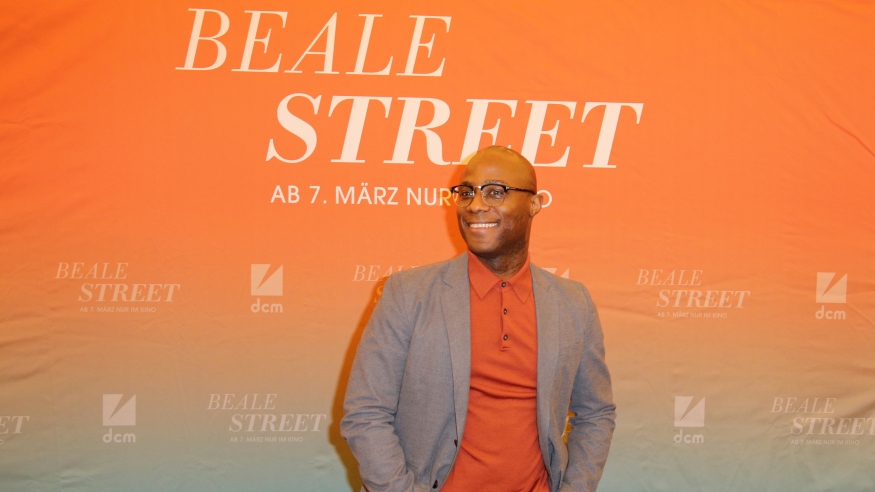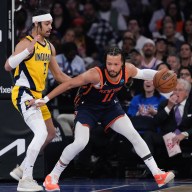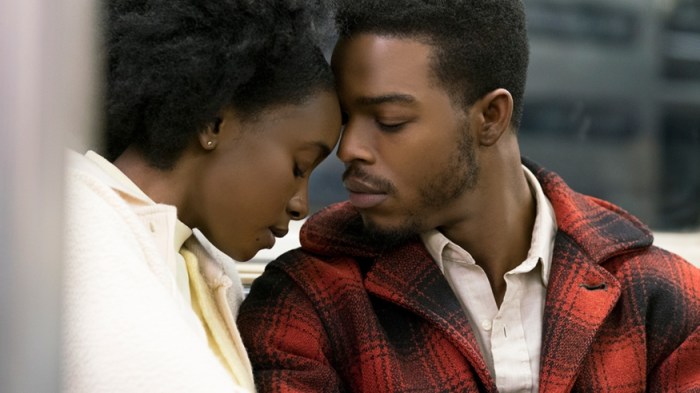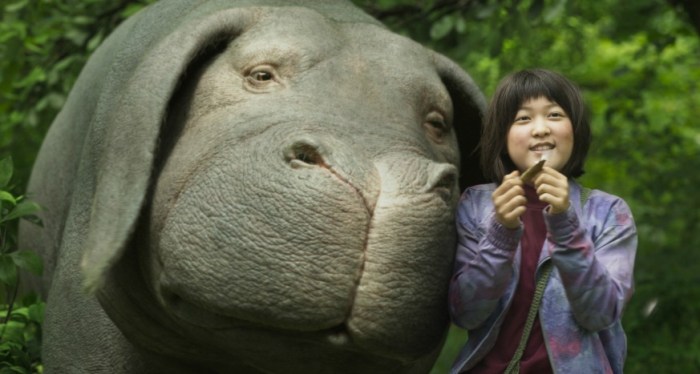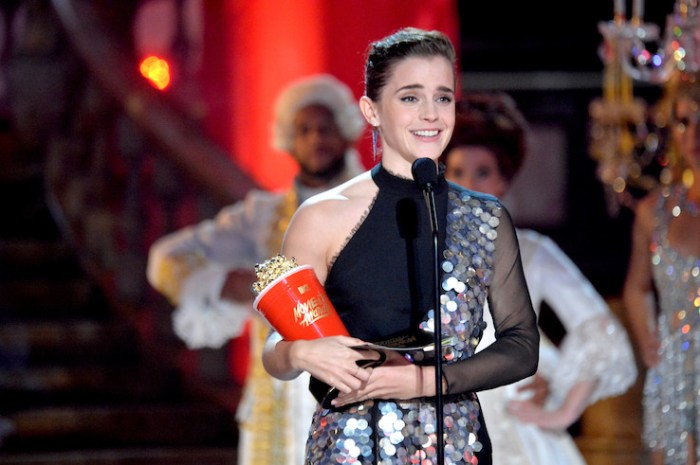The critical acclaim for If Beale Street Could Talk was such that 3 Academy Award nominations was deemed a disappointing return for Barry Jenkins’ adaptation of James Baldwin’s novel.
Especially considering the success of Moonlight, Jenkins’ last film, which was nominated for 8 awards, winning three for Best Picture, Best Supporting Actor and Best Adapted Screenplay.
If Beale Street Could Talk not only rivals the quality of Moonlight, but it is further proof that Jenkins is both the best and most important director currently working in Hollywood, who has his own distinct cinematic style and aesthetic that no-one else comes close to.
How did Barry Jenkins become America’s best director?
“It was terrifying to trust my instincts and make some of the more aesthetically aggressive choices that I made in Moonlight,” Jenkins tells Metro. “Having gone through that process with Moonlight, that gave myself more confidence with If Beale Street Could Talk to trust my instincts. That’s why we decided to follow our instincts and let them guide us.”
Jenkins wrote Moonlight and If Beale Street Could Talk during the same period in 2013. That turned out to be a huge positive in the aftermath of Moonlight, because rather than being swayed by a more lucrative project Jenkins knew exactly what he wanted to oversee next.
“The pressure you’re talking about, one of the benefits of having written this piece so far in advance of the success of Moonlight was that I didn’t have to deal with the pressure and the noise of success. Because I already knew what I wanted to do next.”
“I had already begun Beale Street so far in advance of all the hype. Had I not had a film I cared about so deeply ready to go, I think trying to find my next project would have driven me crazy.”
But what exactly makes Barry Jenkins so good as a director?
“He is just so patient with his work,” explains Kiki Layne, who made her feature film debut in If Beale Street Could Talk. “He takes his time. He gives his actors time. You never feel rushed on Barry’s sets. That’s what stands out. He just respects what the artist is going to bring to the role. He cast us for a reason. He knew we could bring specific things. He is just great to have conversations with, because he wanted to know what we were discovering about our roles.”
“Another huge part of it is Barry and the environment that he creates on set. That allowed me and Stephan [James], two people that do not know each other, to be open and vulnerable with each other. That was so important to us building our relationship in the film. Me and Stephan would work together endlessly to discover these characters and the love between them, because that is so essential to the movie. So that connection developed there and then on set we had a safe environment to let it all out.”

When it comes to life after If Beale Street Could Talk, Barry Jenkins is already hard at work on an adaptation of Colson Whitehead’s book The Underground Railroad, which he is making into a 10 hour drama for Amazon. But even after that he knows that he’ll only be interested in projects that contain “real s***” about the human condition.
“I’m still a pretty young person. So I guess I’ll keep working in this way for now. Maybe at a certain point I’ll just get so exhausted and worn down that I won’t have the temerity to take on real s*** anymore. But for now it seems to be the way. Especially because when you’re an artist, and I guess I’m an artist, you have to find work that’s invigorating, because being invigorated unlocks the artistry. That’s the best way for me to channel my energy.”
But has Barry Jenkins ever been approached by a studio to work on one of their more mainstream projects?
“Yeah. I would say so. But then sometimes studios bring some stuff with real s*** that is really interesting. I am writing this script for Universal about this boxer called Clarissa Shields, and I probably won’t end up directing it. But I am writing it because it was a story that really moved me.”
“It is about this poor young woman from Flint, Michigan, that becomes the greatest boxer in the world. She did it through sheer will and hard work. It is a studio film. And when it came to me I was like, ‘Wow! But maybe I’m too busy for this? But how could I not? The story is so moving.’ I don’t rule anything out. But for now I’ve got to be driven by my own compass.”

